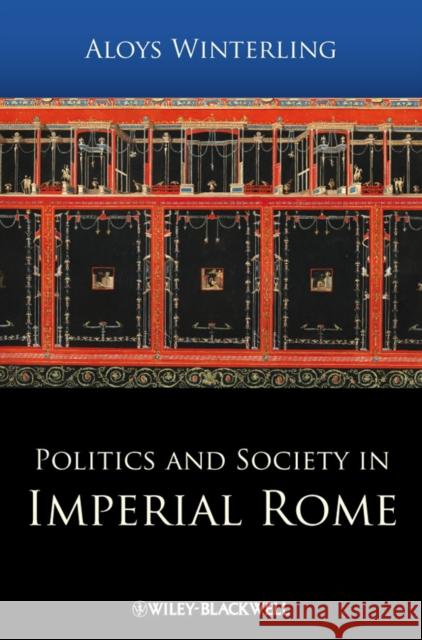Politics and Society in Imperial Rome » książka
topmenu
Politics and Society in Imperial Rome
ISBN-13: 9781405179690 / Angielski / Twarda / 2009 / 176 str.
Politics and Society in Imperial Rome offers fresh new interpretations of the politics, society, and culture Rome's imperial era.
- Argues that the early principate was fundamentally incompatible with the persisting structures of the Roman Republic
- Demonstrates how these contradictory systems affected the development of Roman society
- Includes case studies on the imperial court and the emperor Caligula, as well as chapters on the scholarship of Theodor Mommsen and Christian Meier











